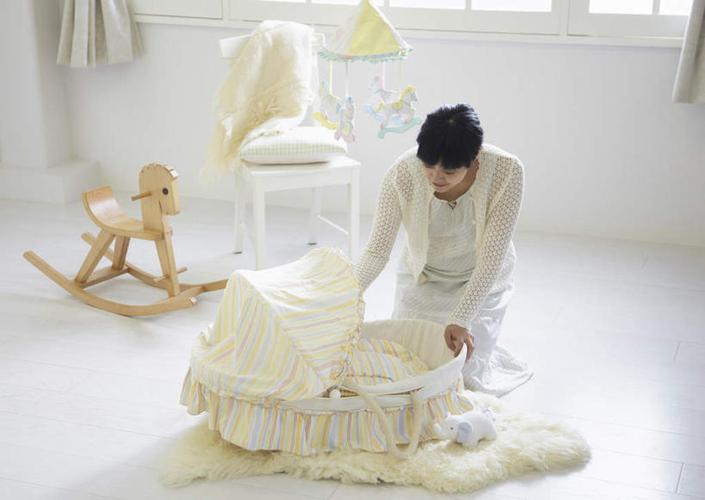Methods to prevent babies from spitting up while sleeping involve proper feeding and burping techniques. Ensuring the feeding method is appropriate and avoiding frequent changes in formula or environment helps maintain the stable development of the baby’s digestive system. After feeding, it is crucial to burp the baby in a timely manner, and it’s important to observe whether the baby actually burps. When patting, the hand should be cupped and pressed against the back, with moderate force to ensure effectiveness while keeping the baby comfortable. Breastfeeding has an advantage over bottle feeding in this regard, as direct sucking reduces the intake of air.
Babies typically spit up mostly stomach contents, so there is no need for excessive concern unless accompanied by frequent severe vomiting, green vomit, persistent discomfort, or weight loss, in which case medical attention is required. Observing the baby’s reactions after spitting up is crucial; if the baby is in good spirits, generally, no special treatment is necessary.
For new mothers, mastering the correct breastfeeding position is extremely important and can be learned through guidance from professionals. While feeding, the speed should be controlled, and the flow of milk can be adjusted as necessary to prevent the baby from choking. After feeding, the baby should be held upright and gently patted on the back to promote burping. Sometimes, even if burping is not successful, there is no need for excessive worry; keeping the baby on their side for a moment before lying them flat is advisable.
If milk comes out of the baby’s nose, it should be cleaned immediately to ensure the airway is clear. In severe cases, such as when milk is sprayed and the baby’s condition is poor, medical attention should be sought immediately.
To relieve spitting up, the following measures can be taken:
Keep the baby’s upper body elevated to reduce the risk of aspiration.
Observe the baby’s response after spitting up and provide appropriate hydration, but this should be done 30 minutes after spitting up.
Initially, use a spoon to give small amounts of liquid, temporarily reducing the feeding amount by half while increasing the frequency.
Avoid feeding the baby when they are overly hungry; ensure warmth before and after feeding, maintain the baby’s upper body in a raised position during feeding, help the baby burp afterward, and have the baby lie on their right side for a while.
For babies who are a month old and whose spitting up affects feeding and sleep, it is advisable to adjust feeding timing to avoid the baby being too hungry or too full; maintain warmth during diaper changes; ensure adequate conditions while feeding; assist in burping after feeding, and adopt suitable sleeping positions, all of which help improve the situation.


